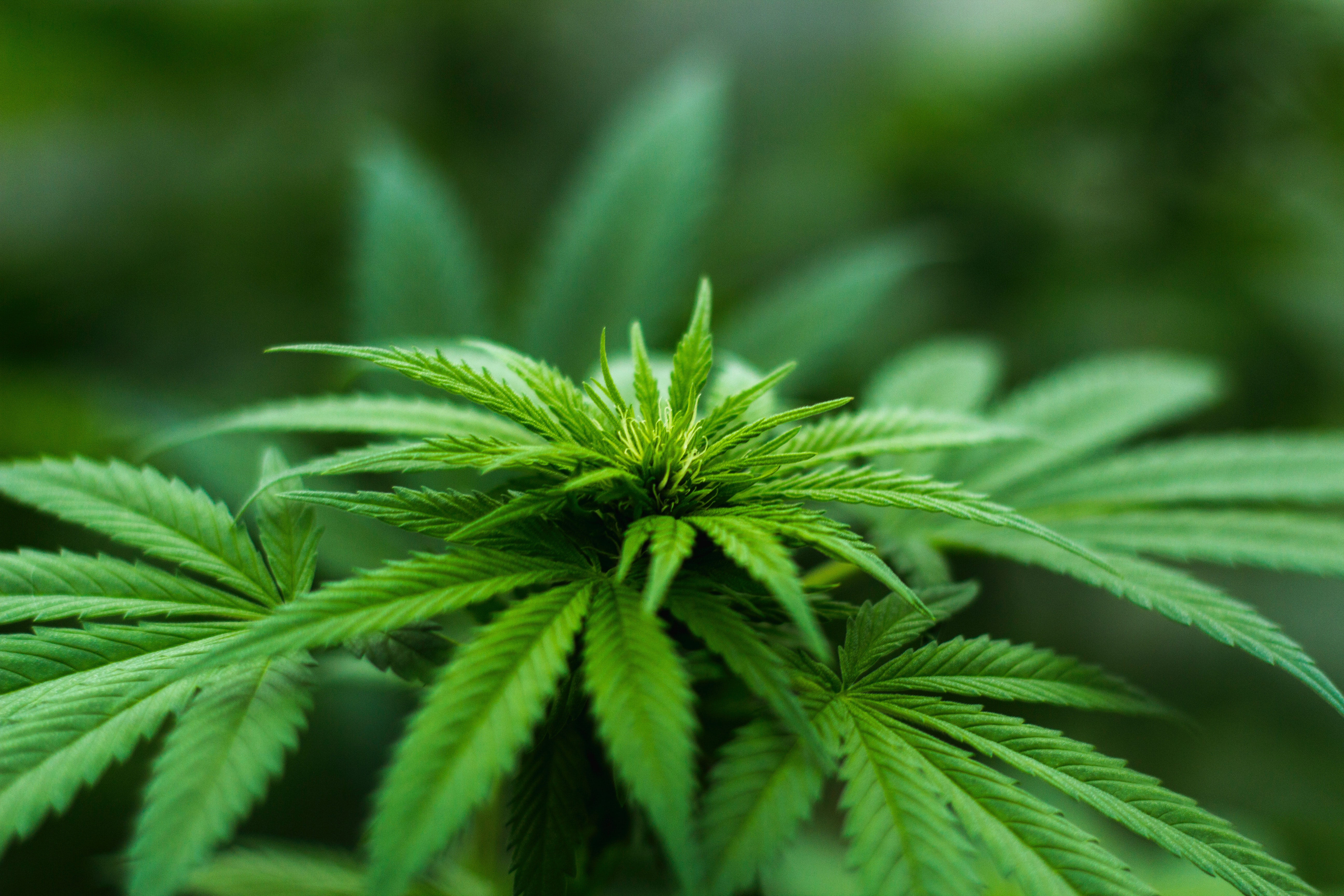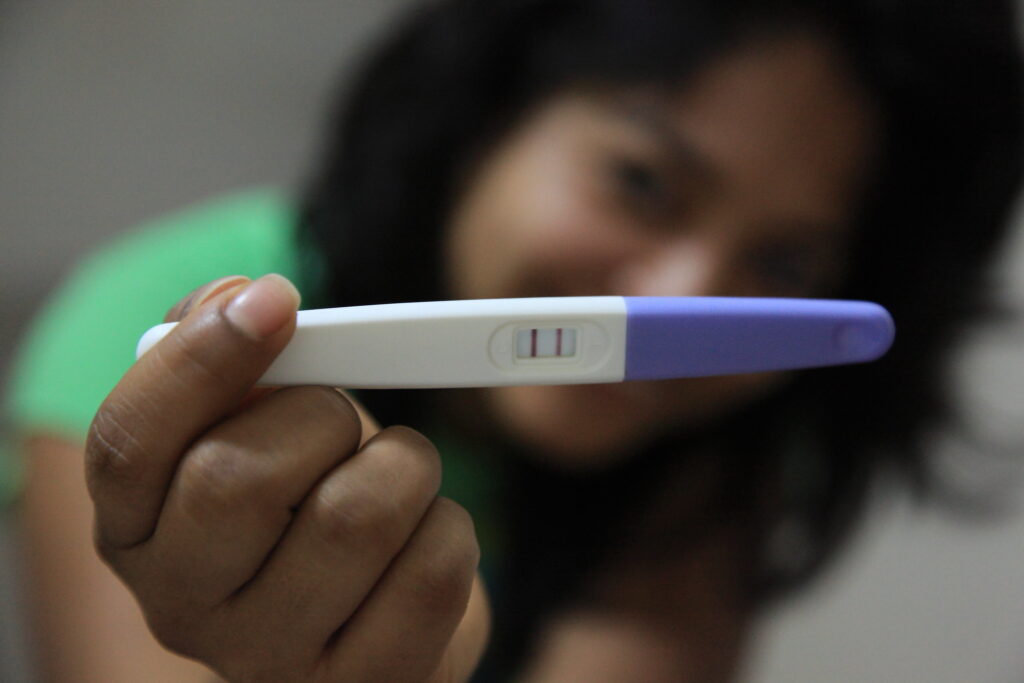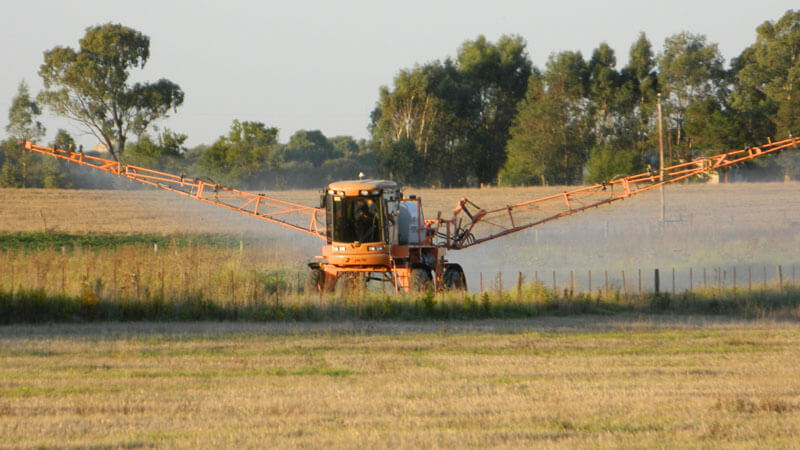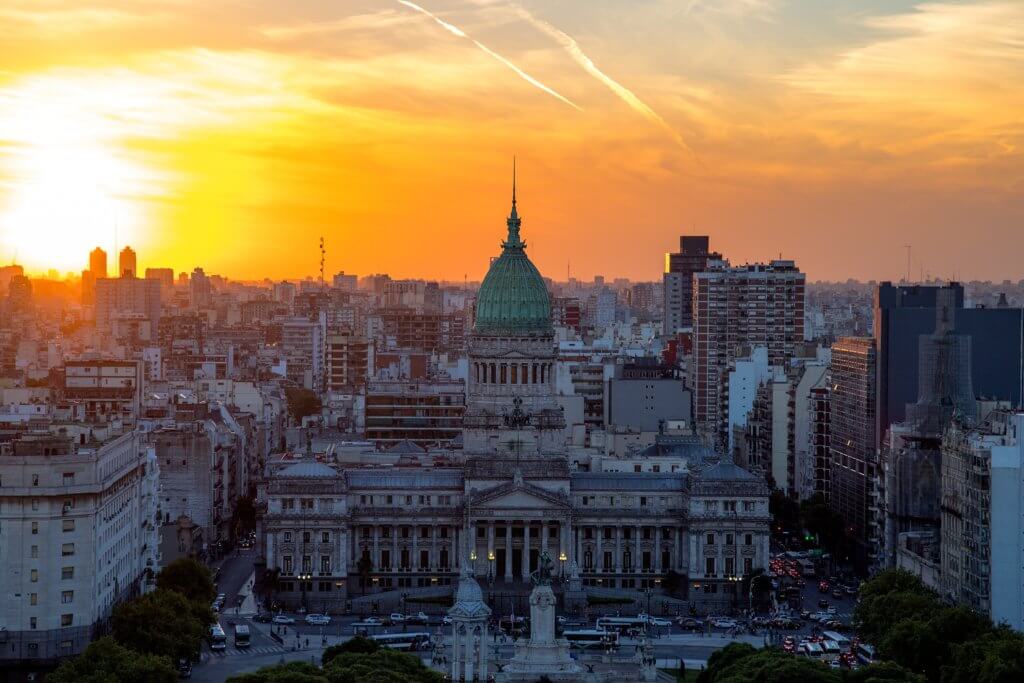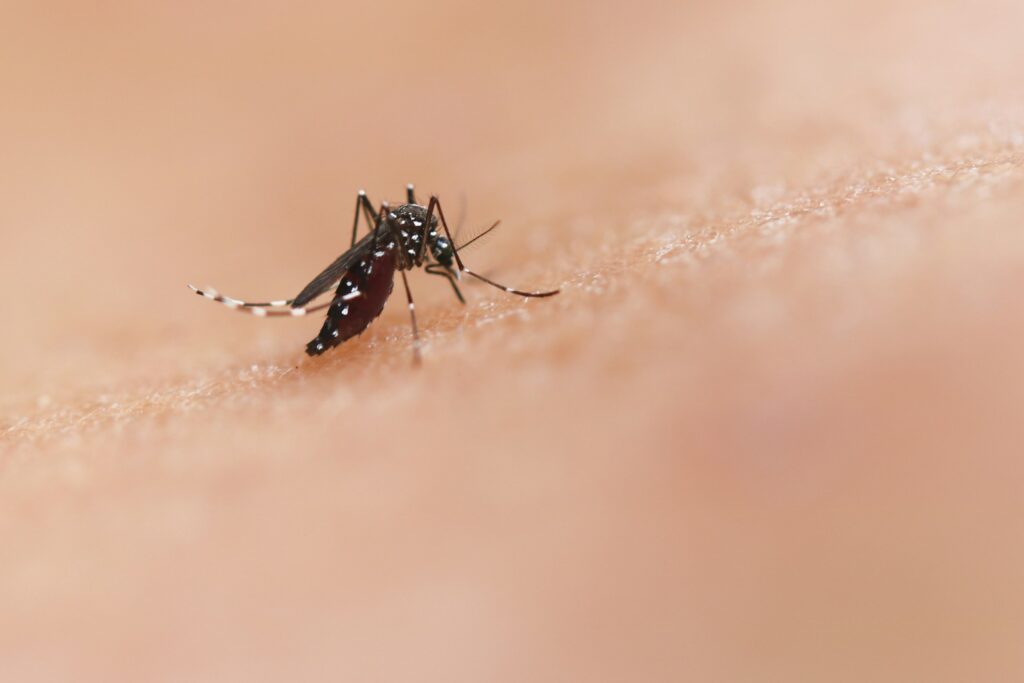For the first time, Argentina will grow cannabis in large quantities to be used for medicinal, therapeutic and scientific purposes.
This forms part of an agreement with a Chilean laboratory which will take the product from Argentina and process it into oil. Clarin reported that Laboratorio Knop’s CEO Germán Knop and governor Gerardo Morales signed the final accord on Monday, allowing three hectares of the El Pongo farm to be assigned for cultivation of the cannabis plant.
The minister of health for northwestern province Jujuy, Gustavo Bouhid, told Clarin that the moment signified “a large challenge for the province and a very necessary initiative for the country.”
Marijuana was legalised in Argentina for medical purposes in March 2017 by unanimous decision in the Senate, although the application of the law has been very slow. The National Agricultural Technology Institute (INTA), who were authorised to produce the plant, have still not started cultivation, and although it has been over a year since the law was passed it is still difficult to access the drug.
It is used primarily in palliative care to reduce pain in diseases such as arthritis and rheumatism, but also has high success rates reducing symptoms in drug-resistant epilepsy and some forms of autism. However, these benefits are yet to be proved in large-scale studies.
El Tribuno reported that INTA and the Ministry of Security will both regulate the production of the drug in order to avoid any produce going awry.
“It has the guarantee of the President, [we have] protocols to preserve and guarantee production,” assured Morales.
For Cannabis Medicinal Jujuy, an ONG dedicated to facilitating the access and use of medicinal cannabis in the region, this recent agreement is a welcome one. María Elena Vildoza, a member of the group, explained to El Tribuno that medicinal cannabis has had a huge positive effect on her son.
“It’s a huge source of happiness for which I can’t find the words, seeing as we are fighting for our children’s health,” she said. “The use of medicinal cannabis…gave me back my son, so for that I’m much happier.” She added that “the fact that they’re going to work and produce a legal and safe oil is huge step forward for our children’s health.”
Currently many people buy marijuana oil on the black market, and the internet has thousands of options that are both expensive and of questionable quality. Jujuy province news site Jujuy al Momento spoke to members of Cannabis Medicinal Jujuy, who explained that they have bought products from the internet that are “supposedly cannabis, but nothing guarantees the effectiveness of the product and sometimes it ends up being a scam, as some are, for example, olive oil.”
The production of cannabis closer to home will allow cheaper products to become available and Bouhid maintained that the idea is to improve accessibility for those who need it in the future
“[In the future] Jujuy will provide cultivation, extraction of cannabis and the future development of a medicine factory in the province, which will deliver to all the hospitals in the country,” he told Clarin. “And [there will be] the future possibility of commercialisation in a public-private undertaking.”
Cannabis is also legal in Chile, where hemp plants have been grown as far back as the 1500s and personal use in private has been decriminalised since 2005, although it is not yet legal for recreational use in public. This caused a huge march of around 80,000 in May of this year in Santiago in favour of the legalisation of the drug’s cultivation and free recreational use.
“We want private cultivation to be regulated, to allow marijuana to be used freely because everyone smokes and we don’t annoy anyone,” a 27-year-old marcher said.
Drugs regulations in the South American continent are varied, with Uruguay completely legalising recreational use of marijuana in 2013, whilst many countries such as Colombia, Peru, Argentina and Chile have also legalised it for medicinal use only. However, bureaucracy and regulations slow down the implementation of laws and many people still resort to getting their medicinal cannabis on the black market.


